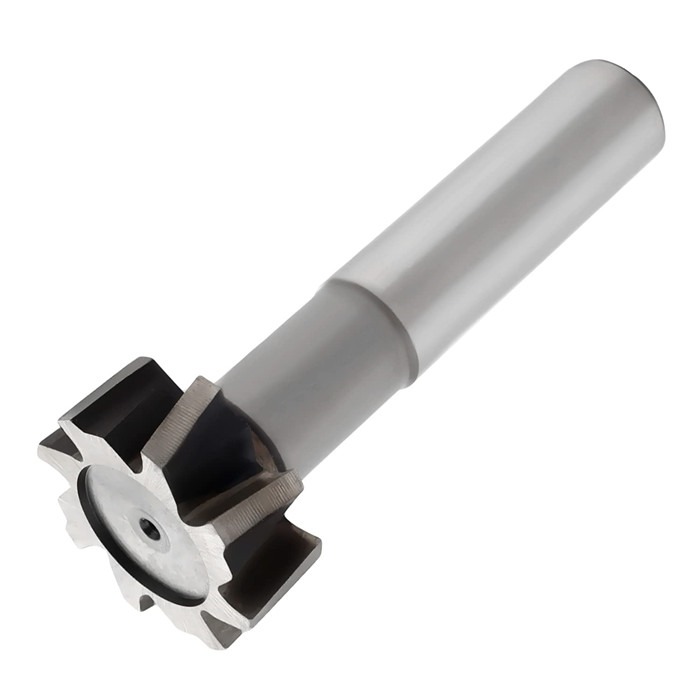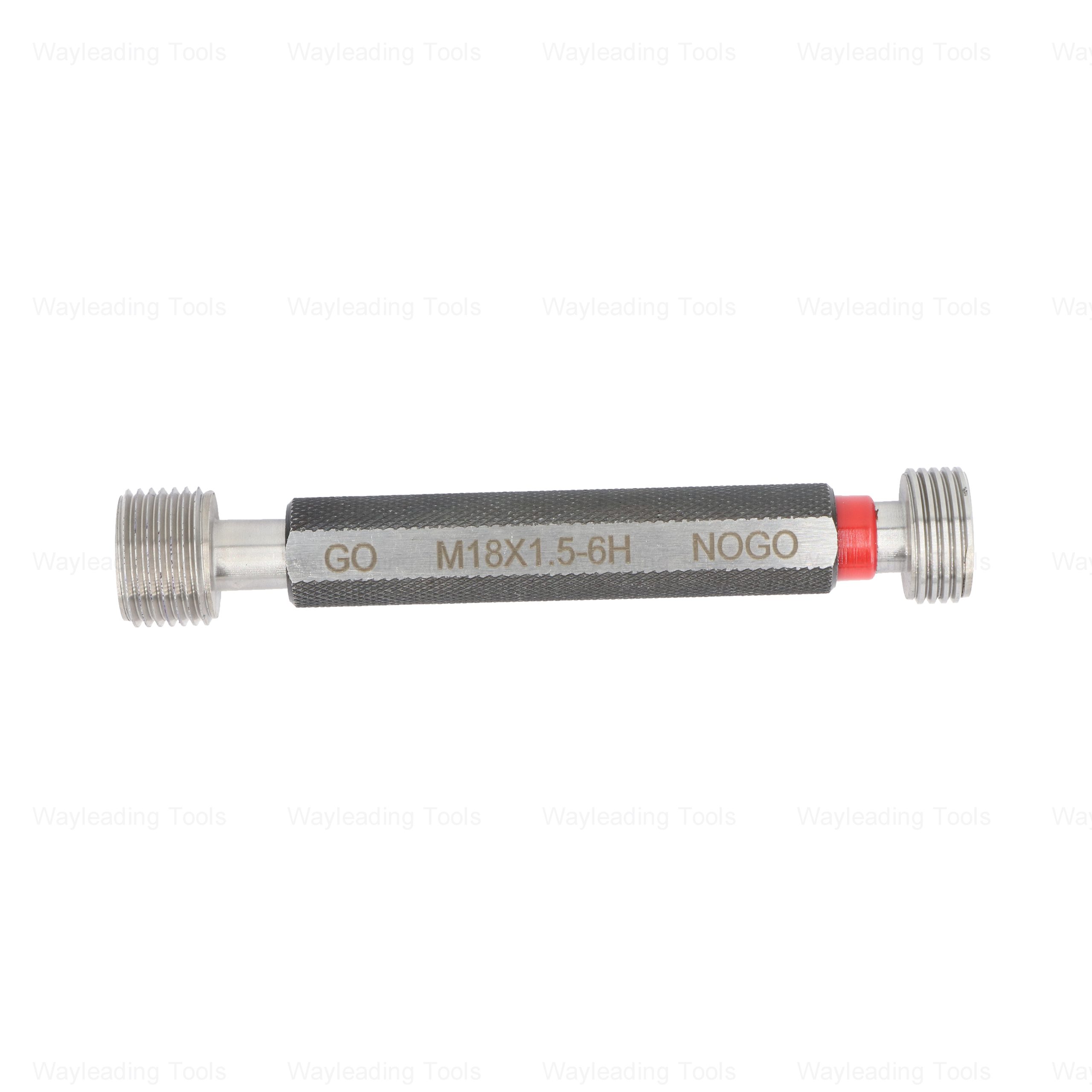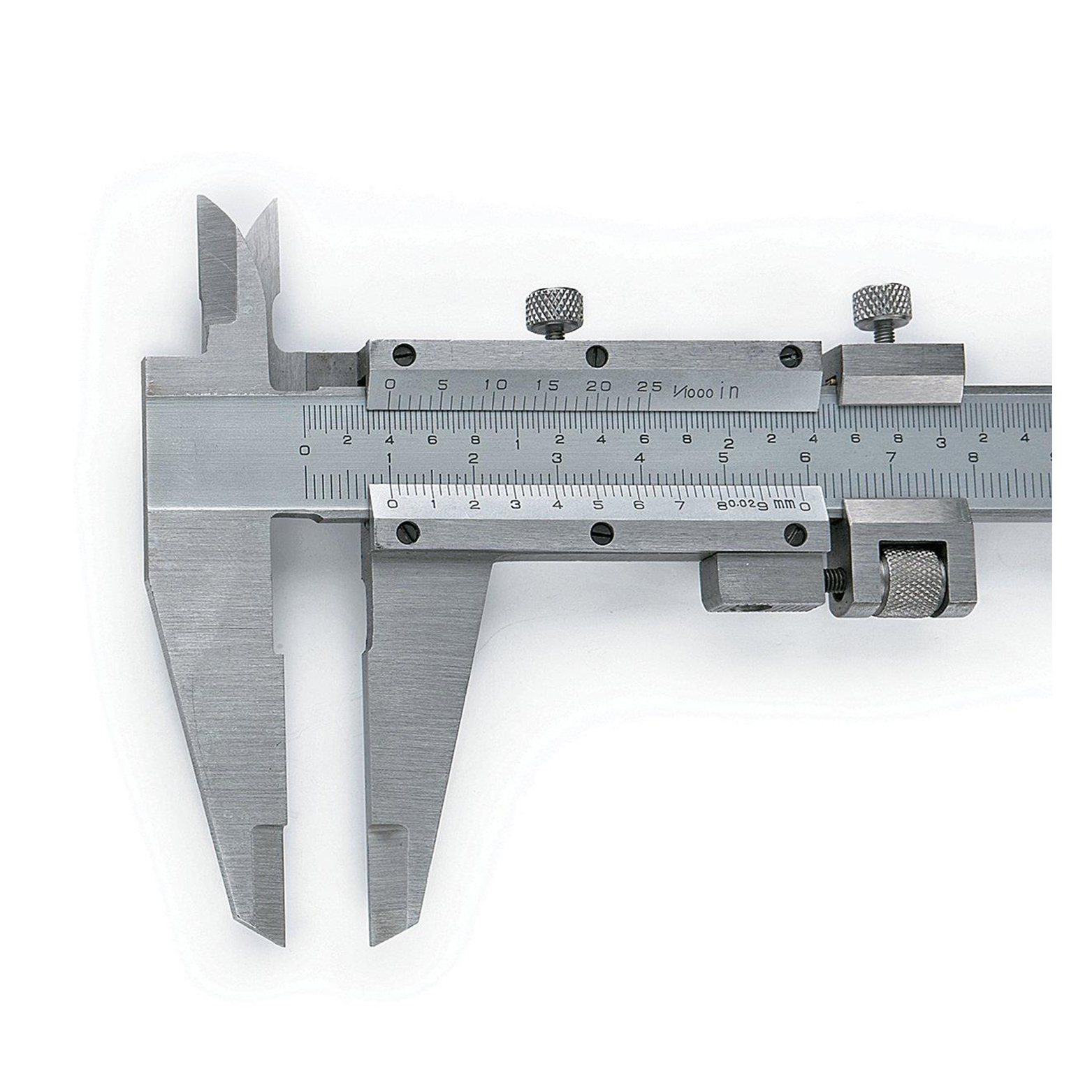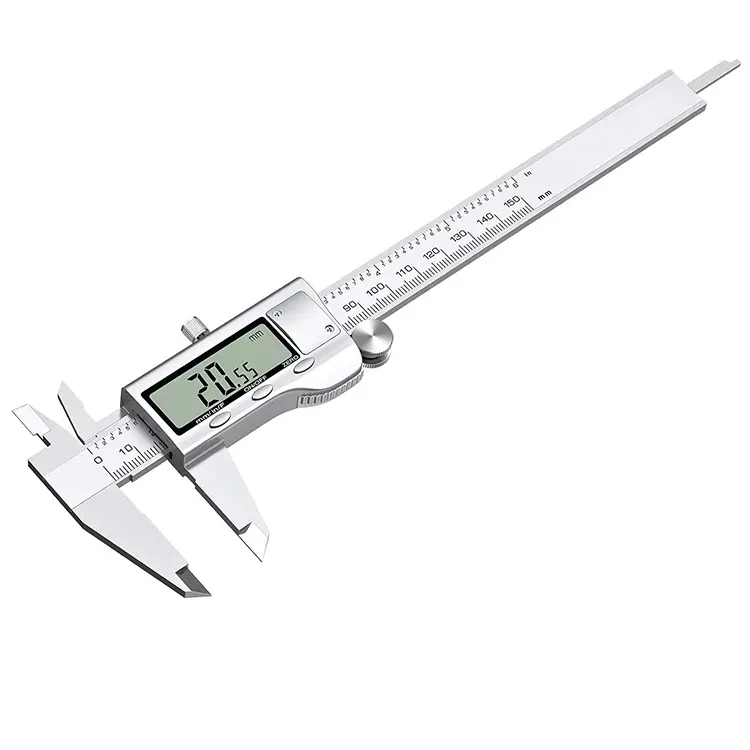turning tool Supplier
Selecting the ideal turning tool supplier requires careful consideration of factors like tool quality, material selection, machining capabilities, and post-machining services. This guide explores the crucial aspects to evaluate when choosing a supplier, ensuring optimal performance and cost-effectiveness for your specific turning applications.
Understanding Your Turning Tool Needs
Before diving into the selection process, it's essential to clearly define your requirements. This involves considering the following:
- Material to be Machined: Different materials require different tool geometries and coatings. For example, machining hardened steel demands tools with high wear resistance, while aluminum benefits from tools with sharp cutting edges to prevent built-up edge.
- Type of Turning Tool Required: Do you need external turning tools, internal boring bars, threading tools, grooving tools, or parting tools?
- Machine Tool Compatibility: Ensure the turning tools are compatible with your CNC lathe or manual lathe's tool holding system (e.g., shank size, tool holder type).
- Production Volume: High-volume production might necessitate tools with longer tool life and the potential for automated tool changing.
- Desired Surface Finish: The required surface finish dictates the tool geometry, cutting parameters, and coolant strategy.
- Tolerances: Tight tolerances require high-precision turning tools and a stable machining process.
Key Factors to Evaluate When Choosing a Turning Tool Supplier
Once you understand your needs, you can begin evaluating potential suppliers. Here are some crucial factors to consider:
1. Tool Quality and Material
The quality of the turning tool directly impacts its performance, tool life, and the quality of the finished part.
- Material: High-speed steel (HSS), cemented carbide, ceramics, and cermets are common materials. Carbide tools offer superior wear resistance and high-temperature performance compared to HSS. Ceramic tools excel at machining hardened materials at high speeds.
- Coating: Coatings such as TiN (Titanium Nitride), TiCN (Titanium Carbonitride), and AlTiN (Aluminum Titanium Nitride) enhance wear resistance, reduce friction, and improve tool life. AlTiN is particularly well-suited for high-speed machining of hardened steels.
- Geometry: The tool geometry, including rake angle, clearance angle, and cutting edge preparation, significantly affects cutting performance and chip control.
2. Machining Capabilities and Expertise
A good turning tool supplier should possess the necessary machining capabilities and expertise to manufacture high-quality tools that meet your specific requirements.
- Grinding Technology: Precision grinding is crucial for achieving the desired tool geometry and surface finish. CNC grinding machines are preferred for consistent and accurate results.
- Coating Technology: The supplier should have access to advanced coating technologies to apply the appropriate coating for your application.
- Quality Control: Rigorous quality control processes are essential to ensure that the turning tools meet the specified dimensions and tolerances.
- Technical Support: The supplier should offer technical support to assist you with tool selection, cutting parameter optimization, and troubleshooting. Wayleading Tools offers dedicated support at www.wayleading.com.
3. Range of Products Offered
A comprehensive turning tool supplier should offer a wide range of products to meet diverse machining needs.
- External Turning Tools: For machining the outer diameter of cylindrical parts.
- Internal Boring Bars: For machining internal bores and holes.
- Threading Tools: For cutting threads on external or internal surfaces.
- Grooving Tools: For creating grooves and recesses.
- Parting Tools: For separating the finished part from the bar stock.
- Custom Tools: The ability to design and manufacture custom turning tools for specialized applications.
4. Price and Availability
Price and availability are important considerations, but should not be the sole deciding factors. Consider the total cost of ownership, including tool life, machining efficiency, and the potential for downtime.
- Competitive Pricing: Obtain quotes from multiple suppliers to compare prices.
- Lead Times: Inquire about lead times for standard and custom tools.
- Inventory: Check if the supplier maintains an inventory of commonly used tools.
- Shipping Costs: Factor in shipping costs when comparing prices.
5. Reputation and Customer Service
A supplier's reputation and customer service are indicators of their reliability and commitment to customer satisfaction.
- Customer Reviews: Read online reviews and testimonials to get an idea of other customers' experiences.
- References: Ask the supplier for references from existing customers.
- Responsiveness: Assess the supplier's responsiveness to your inquiries.
- Technical Expertise: Ensure the supplier has the technical expertise to provide adequate support.
Turning Tool Materials Comparison
| Material | Hardness (HRC) | Wear Resistance | Toughness | Cost | Applications |
|---|---|---|---|---|---|
| High-Speed Steel (HSS) | 62-68 | Moderate | High | Low | General purpose machining, low production runs |
| Cemented Carbide | 70-90 | High | Moderate | Moderate to High | High-speed machining, abrasive materials |
| Ceramics | >90 | Very High | Low | High | Machining hardened steels, high-temperature alloys |
| Cermets | 80-92 | High | Moderate | High | Finishing operations, high-speed machining of steels |
Conclusion
Choosing the right turning tool supplier is crucial for achieving optimal machining performance and productivity. By carefully evaluating the factors discussed in this guide, you can select a supplier that meets your specific needs and helps you achieve your manufacturing goals. Consider Wayleading Tools for your turning tool needs.
Related products
Related products
Best selling products
Best selling products-
 Stub Milling Machine Arbor With NT, R8 and MT Shank
Stub Milling Machine Arbor With NT, R8 and MT Shank -
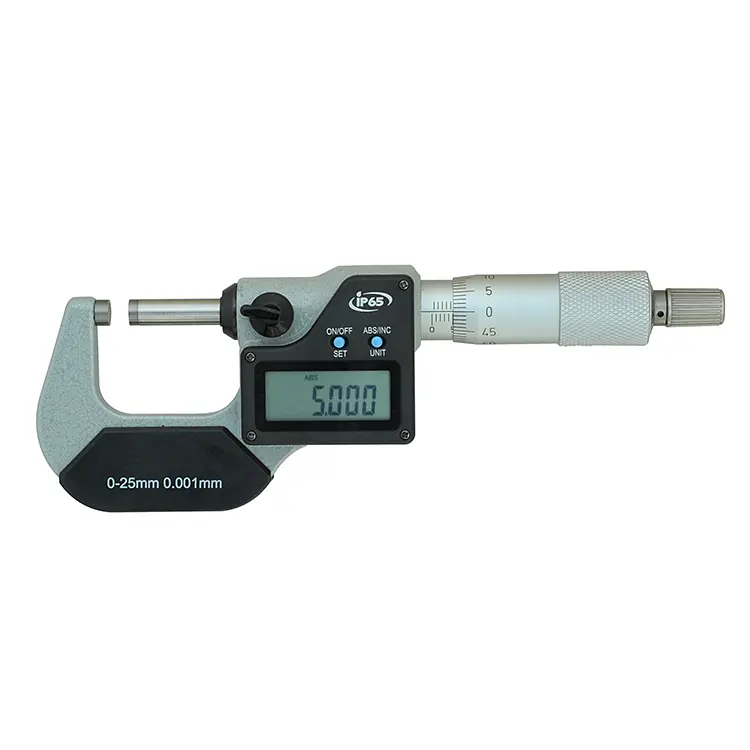 Precision IP65 Digital Outside Micrometer Of Inch & Metric With Data Output
Precision IP65 Digital Outside Micrometer Of Inch & Metric With Data Output -
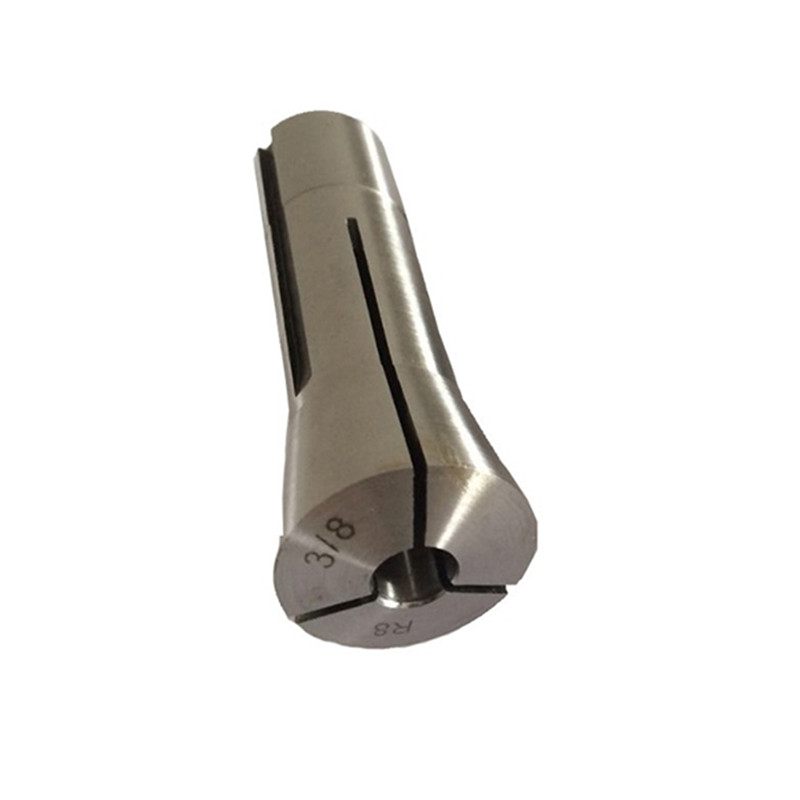 R8 Round Collet With Inch and Metric Size
R8 Round Collet With Inch and Metric Size -
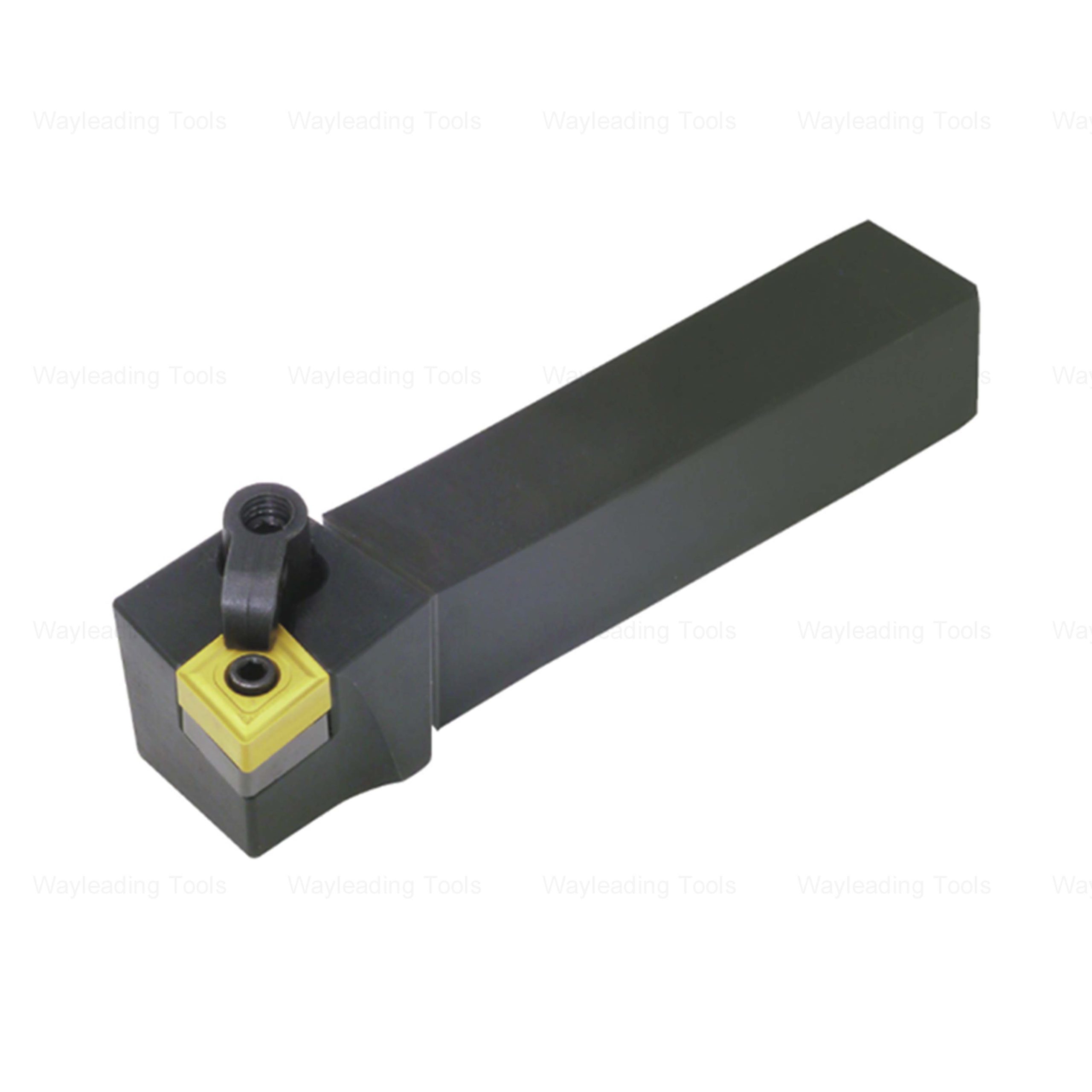 MCLN Indexable Turning Tool Holder – Right- and Left-Hand Types
MCLN Indexable Turning Tool Holder – Right- and Left-Hand Types -
 Precision Vernier Caliper With Nib Style & Standard Style Jaws Of Metric & Imperial For Industrial
Precision Vernier Caliper With Nib Style & Standard Style Jaws Of Metric & Imperial For Industrial -
 High Precision BT-ER Collet Chuck – CNC Tool Holder, Spring Type, ER16–ER40
High Precision BT-ER Collet Chuck – CNC Tool Holder, Spring Type, ER16–ER40 -
 Boring Head Shank For Boring Head With Industrial Type
Boring Head Shank For Boring Head With Industrial Type -
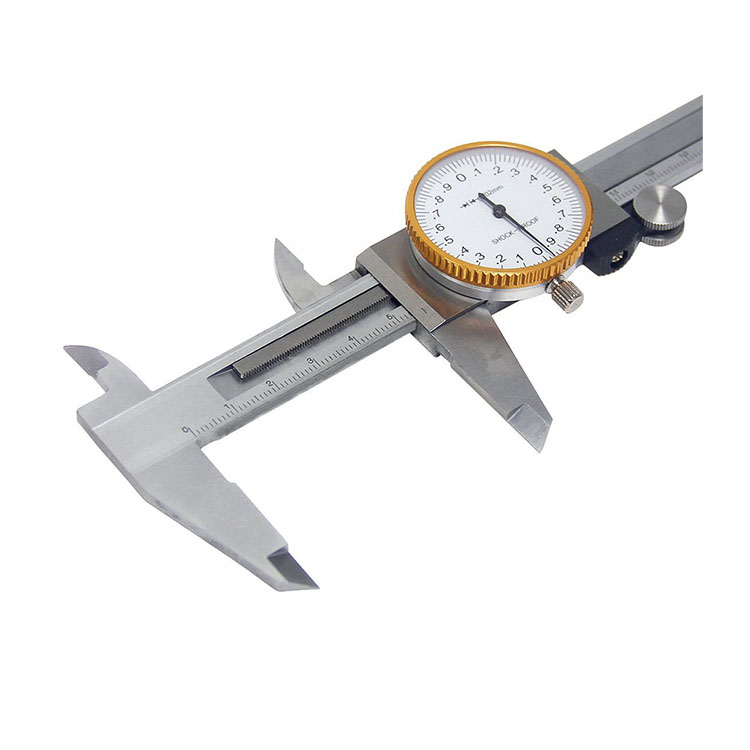 Precision Dial Caliper Of Metric & Imperial For Industrial
Precision Dial Caliper Of Metric & Imperial For Industrial -
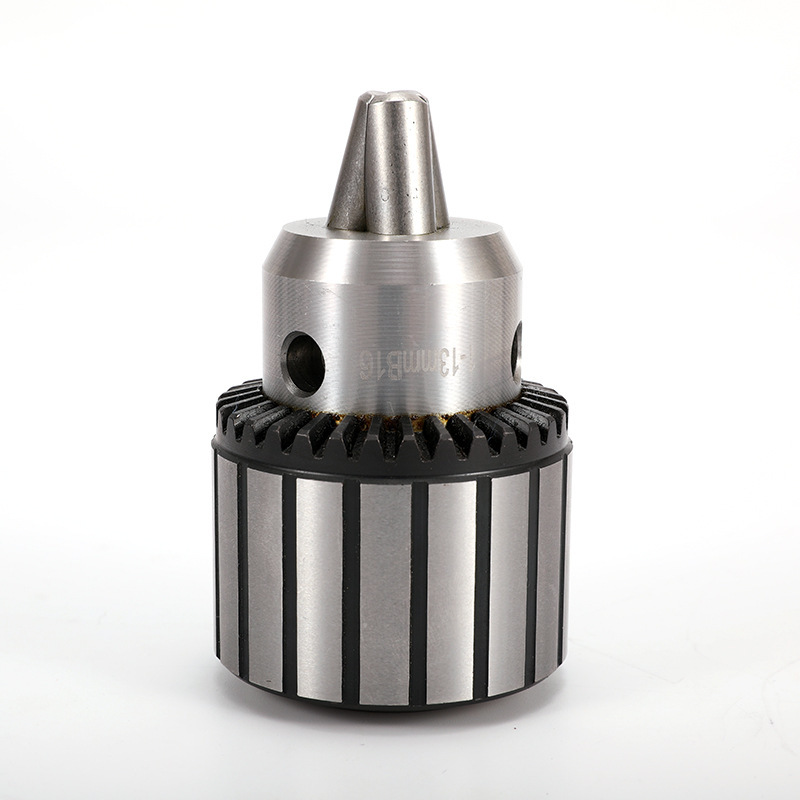 Key Type Drill Chuck With Heavy Duty Type
Key Type Drill Chuck With Heavy Duty Type -
 Auto Self Reversible Tapping Chuck In Drill Machine
Auto Self Reversible Tapping Chuck In Drill Machine -
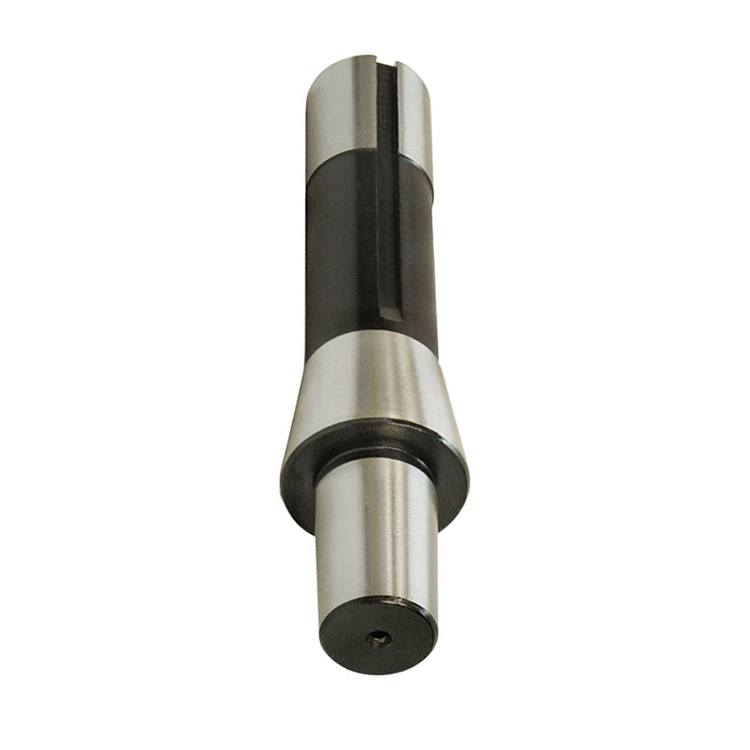 R8 Drill Chuck Arbor For Milling Machine
R8 Drill Chuck Arbor For Milling Machine -
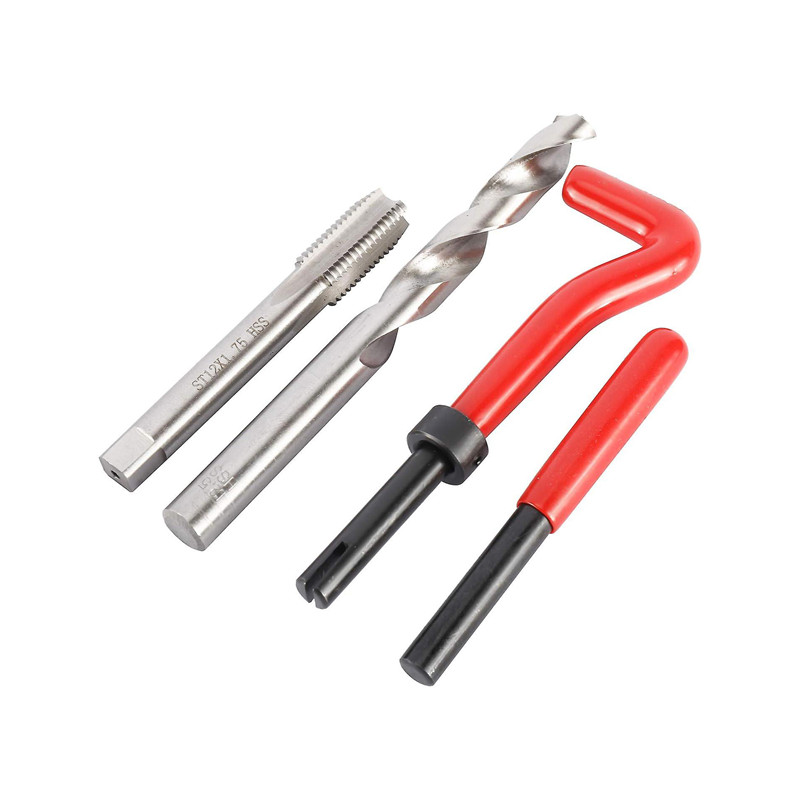 131PCS Thread Repair Set And Helicoil Type Thread Repair Set
131PCS Thread Repair Set And Helicoil Type Thread Repair Set


